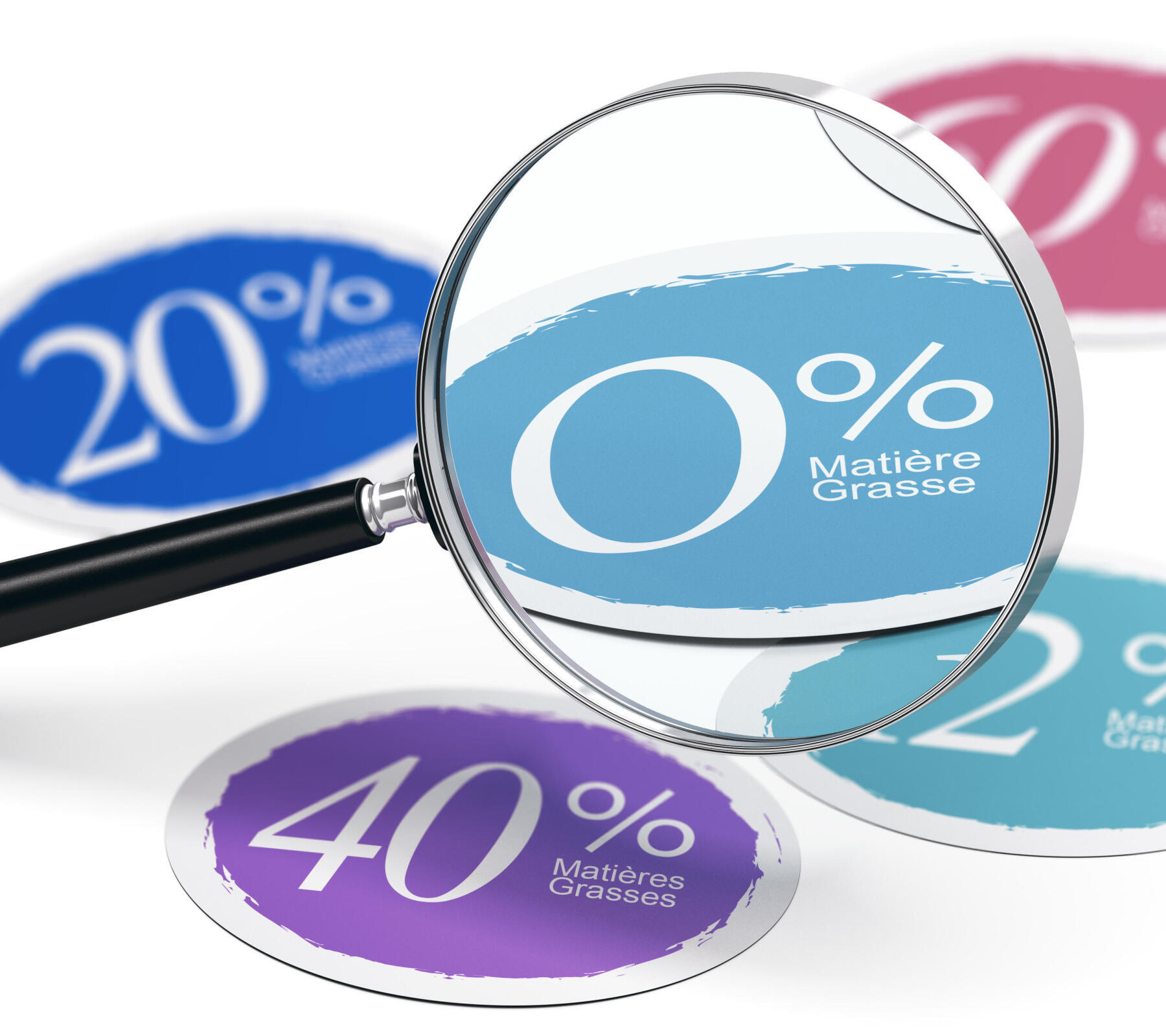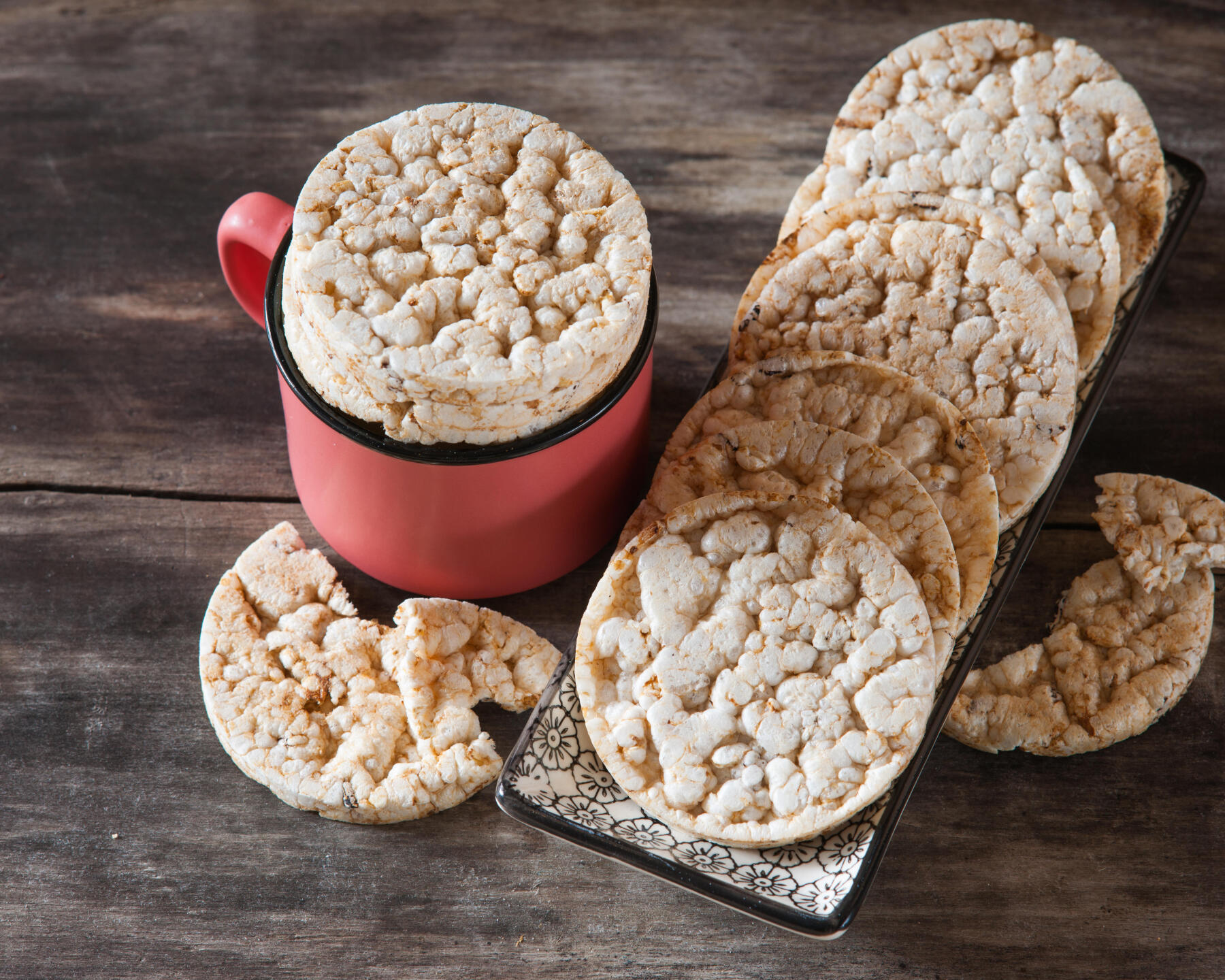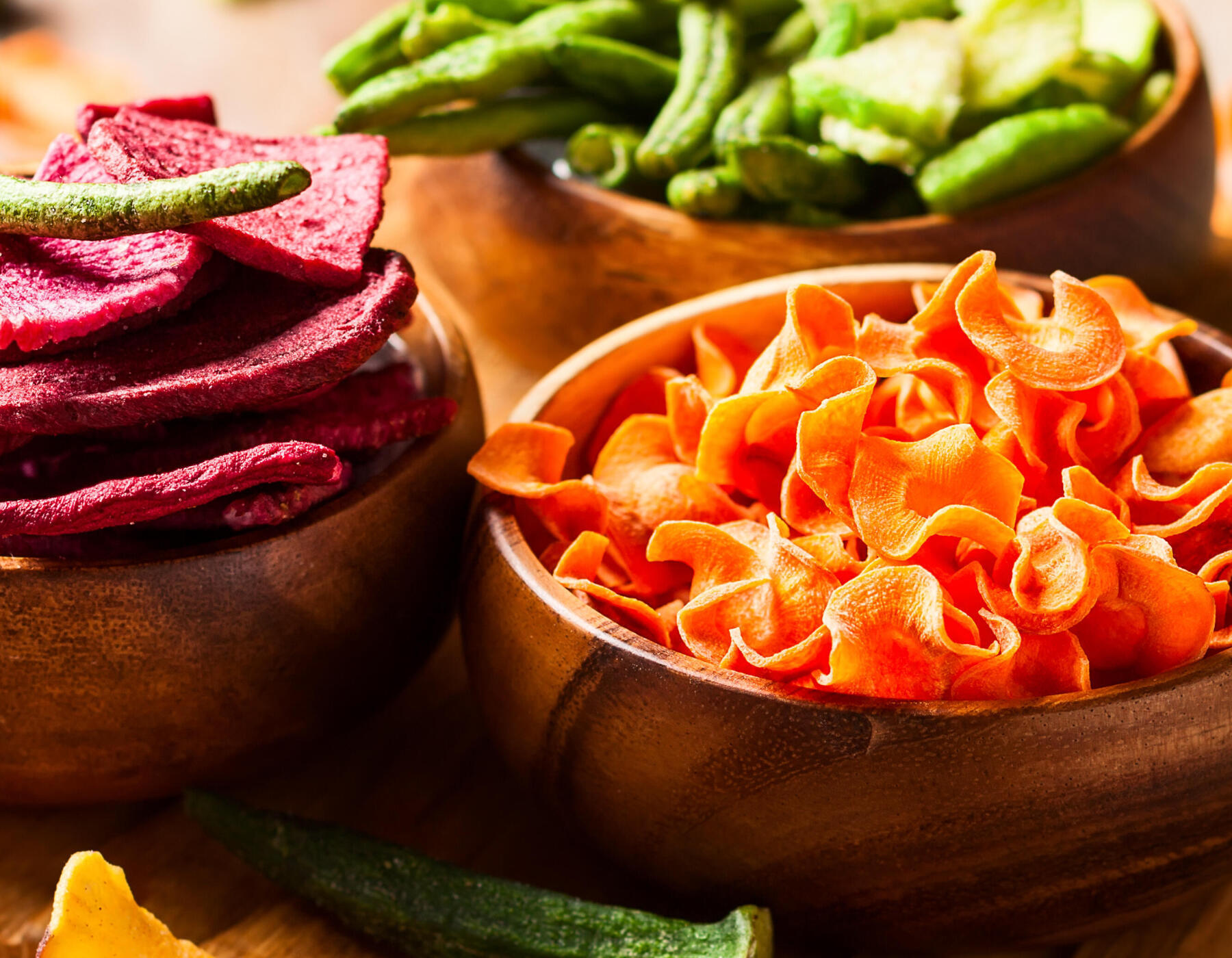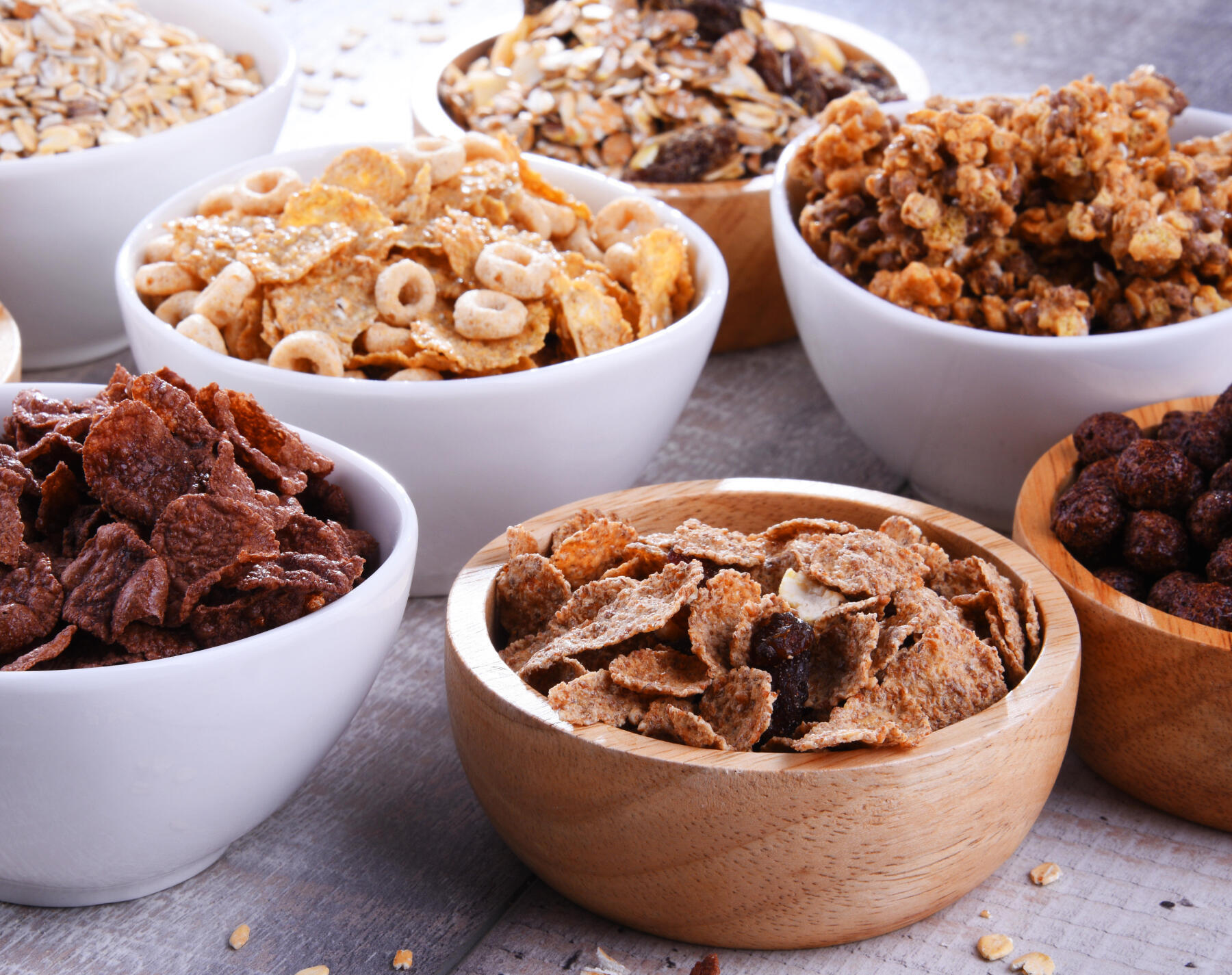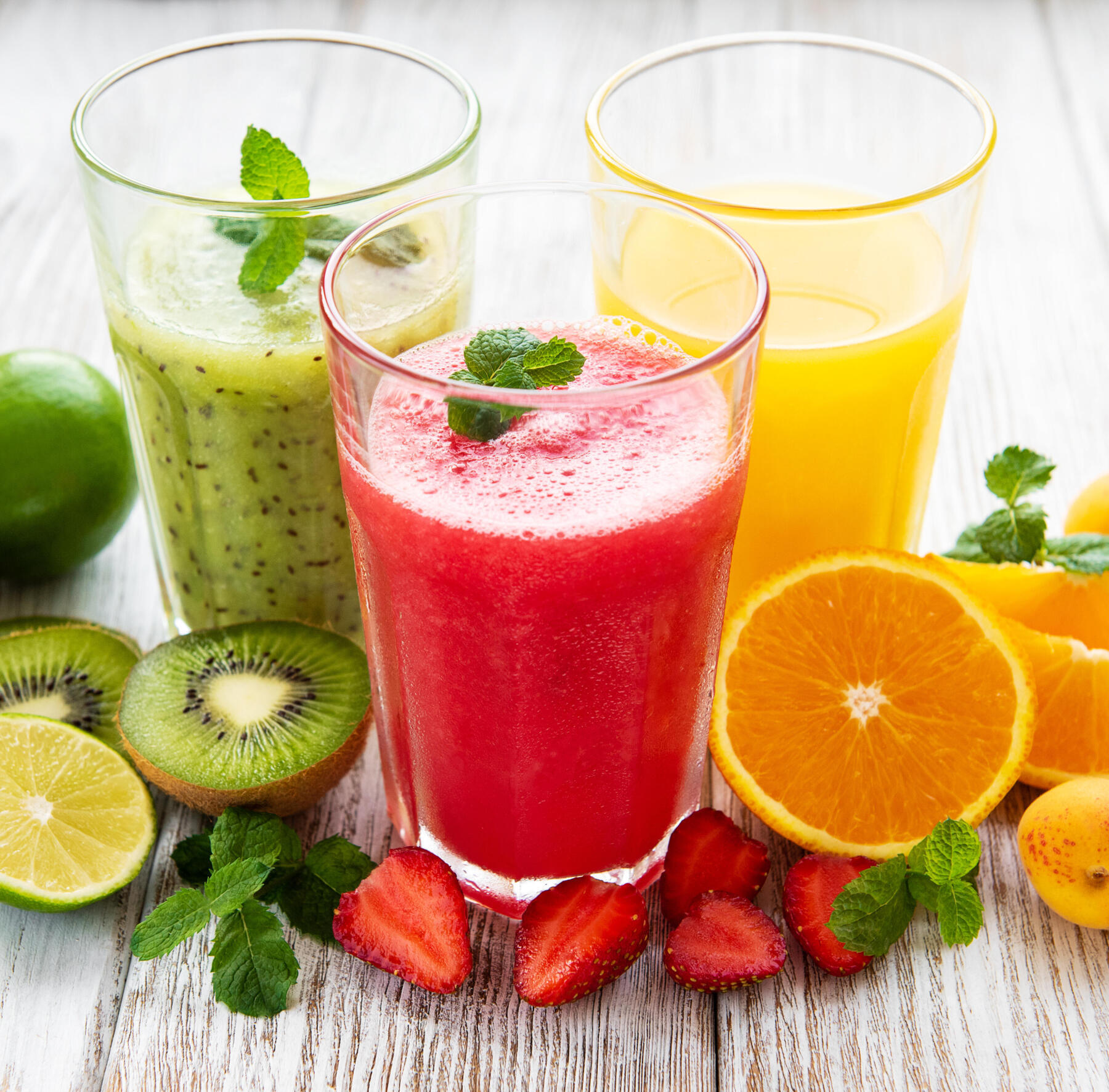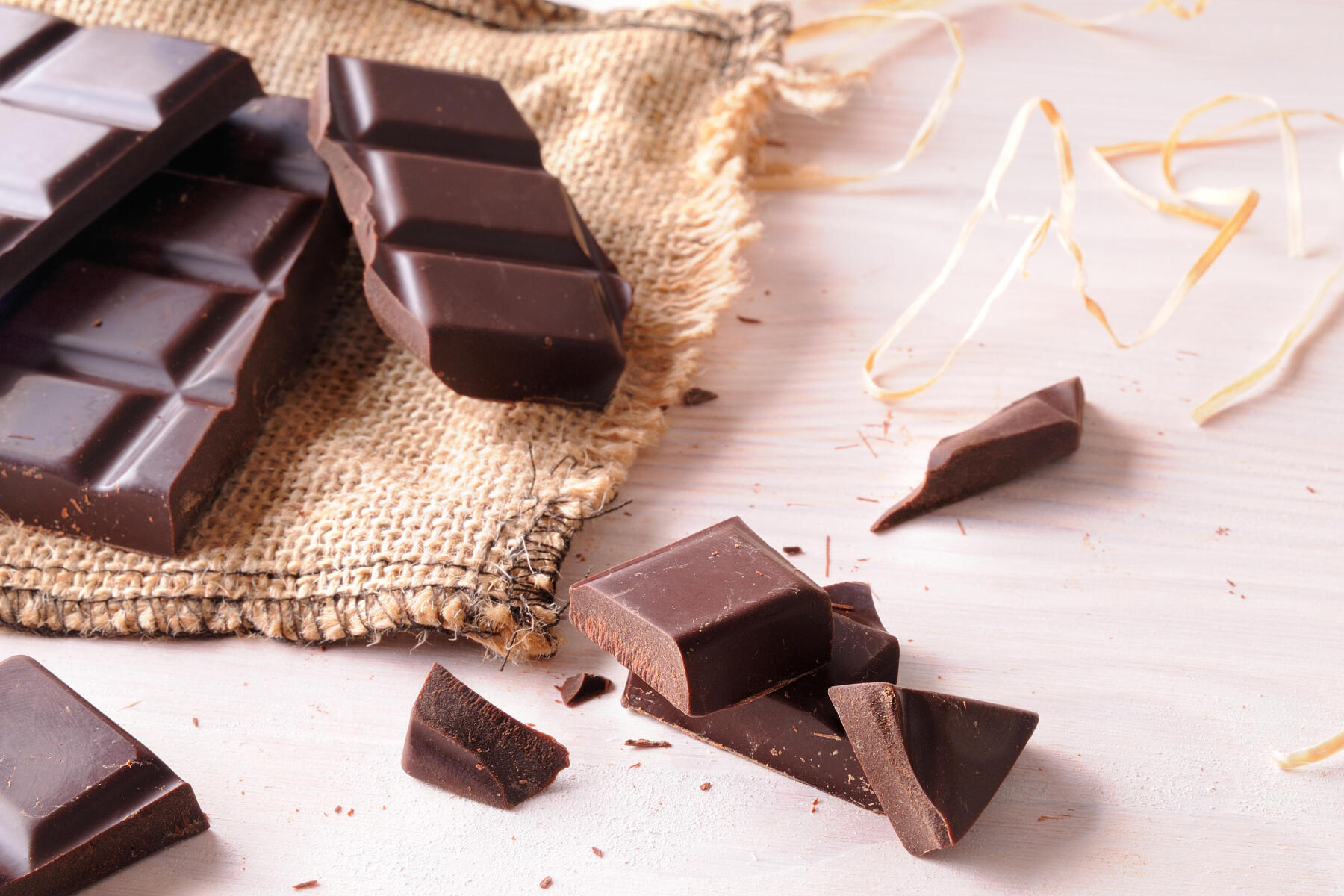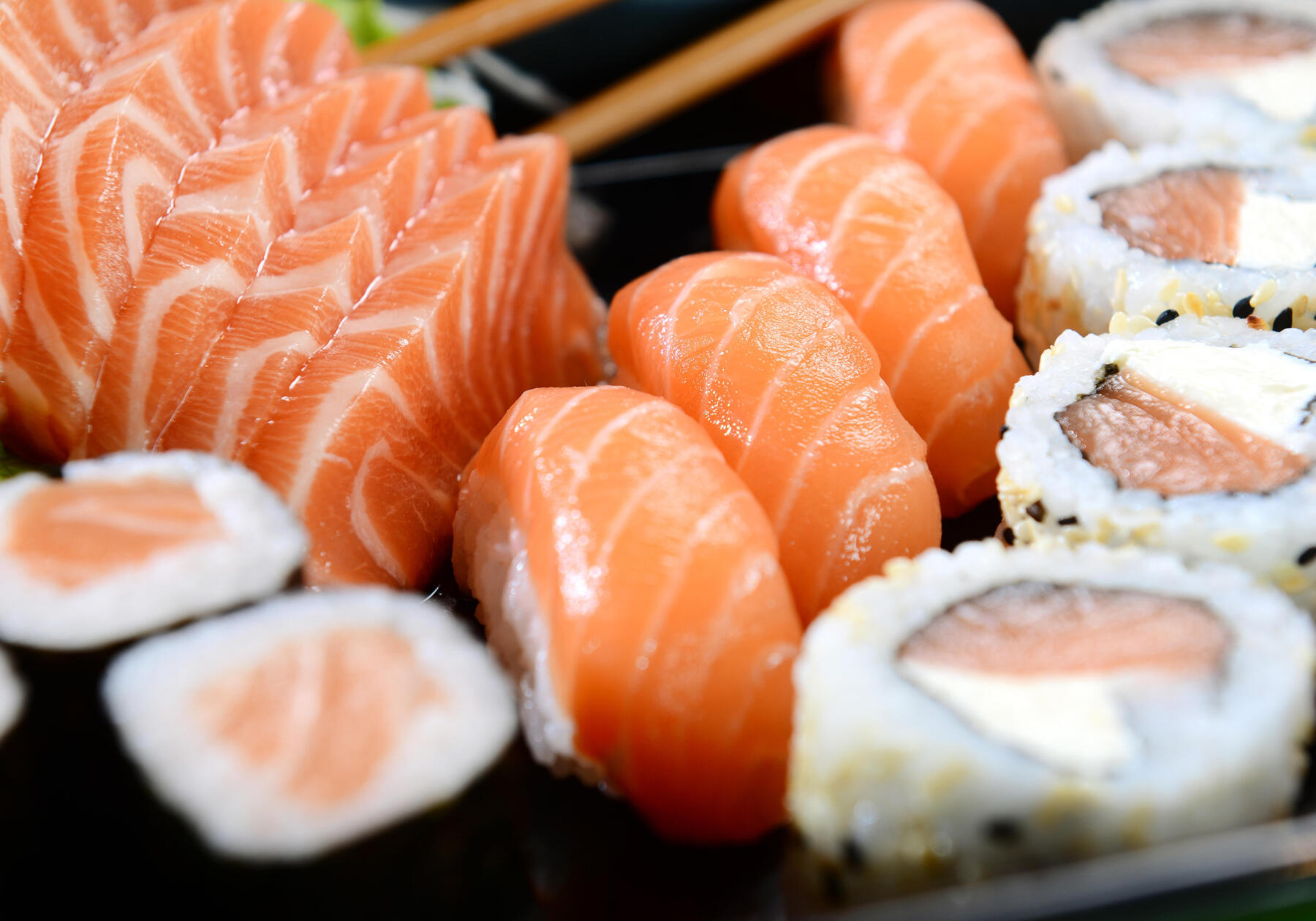1/ The so-called "zero" foods; are they really better for your health?
As their name implies, fake health foods are foods that we wrongly think are good for our health and therefore beneficial for our athletic performance. But this isn't necessarily the case. Géraldine Mourier, a state-registered dietician has drawn up a non-exhaustive list for us. In addition, these foods all have one thing in common: they are all industrially processed.
The first of these are the so-called "zero" foods. For example, products labelled "0% fat" are certainly low in fat but this is often offset by a high sugar content or the addition of additives or chemical thickening agents. As for "zero sugar" foods, the lack of sugar is offset by synthetic sweeteners or, possibly, flavourings.
The result is a blend of ingredients with no real nutritional value for athletes. "What's more, you lose the product's satiogenic effect, which means you will tend to want to eat more of it," warns Géraldine before offering her advice: "It's much better to opt for a yoghurt with a moderate fat content and then, if you like sugar, add a little jam or fresh fruit."

